Kevin Seefried, a Delaware man convicted in connection with the January 6 Capitol riot, is being released from prison early due to a case that challenges the Department of Justice's (DOJ) use of "obstruction of an official proceeding" charges against J6 defendants. The case, Fischer v. United States, now before the Supreme Court, prompted Seefried's early release pending the final ruling, which could impact the sentences of many other defendants.
Related:
Blockbuster Ruling From DC Circuit Renders Some J6 Sentences Improper
Seefried's initial sentencing included three years for felony obstruction and an additional 12 months and six months, running concurrently, for two misdemeanors of disorderly conduct and trespassing. At sentencing, the DOJ highlighted Seefried's involvement in the riot, noting that he and his son were among the first to enter the Capitol and were photographed carrying a Confederate flag.
On Wednesday, U.S. District Judge Trevor McFadden, appointed by former President Donald Trump, granted Seefried's motion for release pending appeal. McFadden stated in an 11-page order that federal prosecutors did not provide sufficient evidence to support their argument that Seefried is a threat, rejecting U.S. Attorney Matthew Graves' claims that releasing Seefried would expose him to the same environment that led to his crimes and increase the risk of flight.
McFadden criticized the DOJ's fact-free review of Seefried’s request, accusing the government of a class-based approach to January 6 defendants, writing:
Ultimately, none of the Government’s arguments involve any facts specific to Seefried. Instead, they are purely class-based. People who have already gone to prison, as a class, cannot be released. January 6th defendants, as a class, cannot be released during an election year. In the end, if specific facts about Seefried lead the Government to believe that he is imminently likely to engage in criminal conduct, options remain open to the Government. But without those facts, the Court cannot deprive a citizen of his liberty based on guesswork alone.
Because the Government has presented no reason to believe that its previous concession about Seefried’s flight risk is no longer valid, the Court reaffirms its previous finding. By clear and convincing evidence, Seefried is not likely to flee the jurisdiction or pose a harm to the community during his release.
McFadden determined that Seefried's appeal raised significant questions that could lead to a modification of his sentence or a non-custodial resolution. Given that at least four Supreme Court justices are interested in reviewing the obstruction charge and have agreed to hear the Fischer case, McFadden expects that SCOTUS may rule favorably, and Seefried's release is in line with the anticipation that his actions likely did not violate obstruction laws.
McFadden wrote:
If the Supreme Court decides Fischer in Fischer’s favor, it will almost certainly mean that Seefried’s analogous conduct did not violate § 1512(c).
McFadden ruled a "one-year sentence is likely adequate" for Seefried's misdemeanor charges, ordering his release one year after the date he surrendered to the Bureau of Prisons, which occurred on May 31, 2023.
The DOJ has brought the obstruction charge in question against more than 332 defendants, including at least four members of the Proud Boys and former President Trump. Fischer questions "whether the U.S. Court of Appeals for the District of Columbia Circuit erred in construing 18 U.S.C. § 1512(c), which prohibits obstruction of congressional inquiries and investigations, to include acts unrelated to investigations and evidence." SCOTUS is scheduled to hear oral arguments in Fischer on April 16.


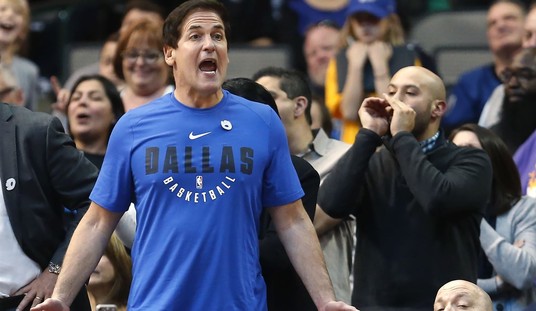
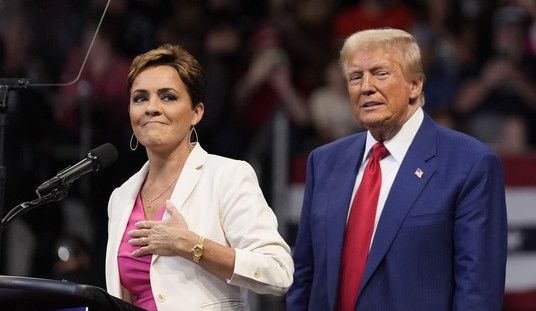


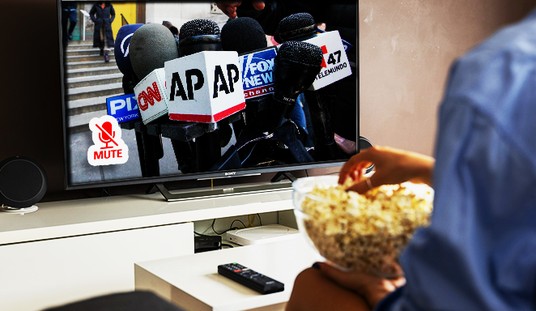



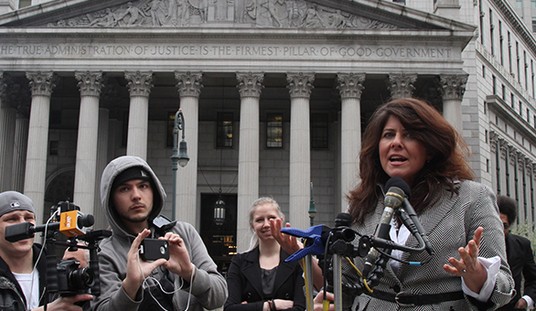

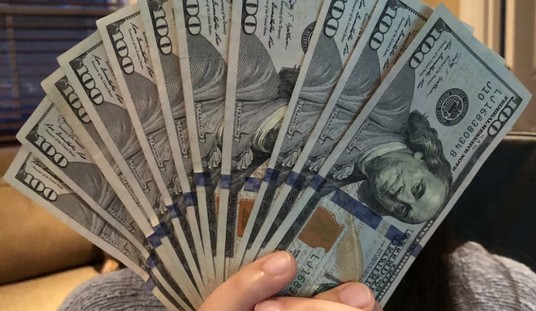

Join the conversation as a VIP Member